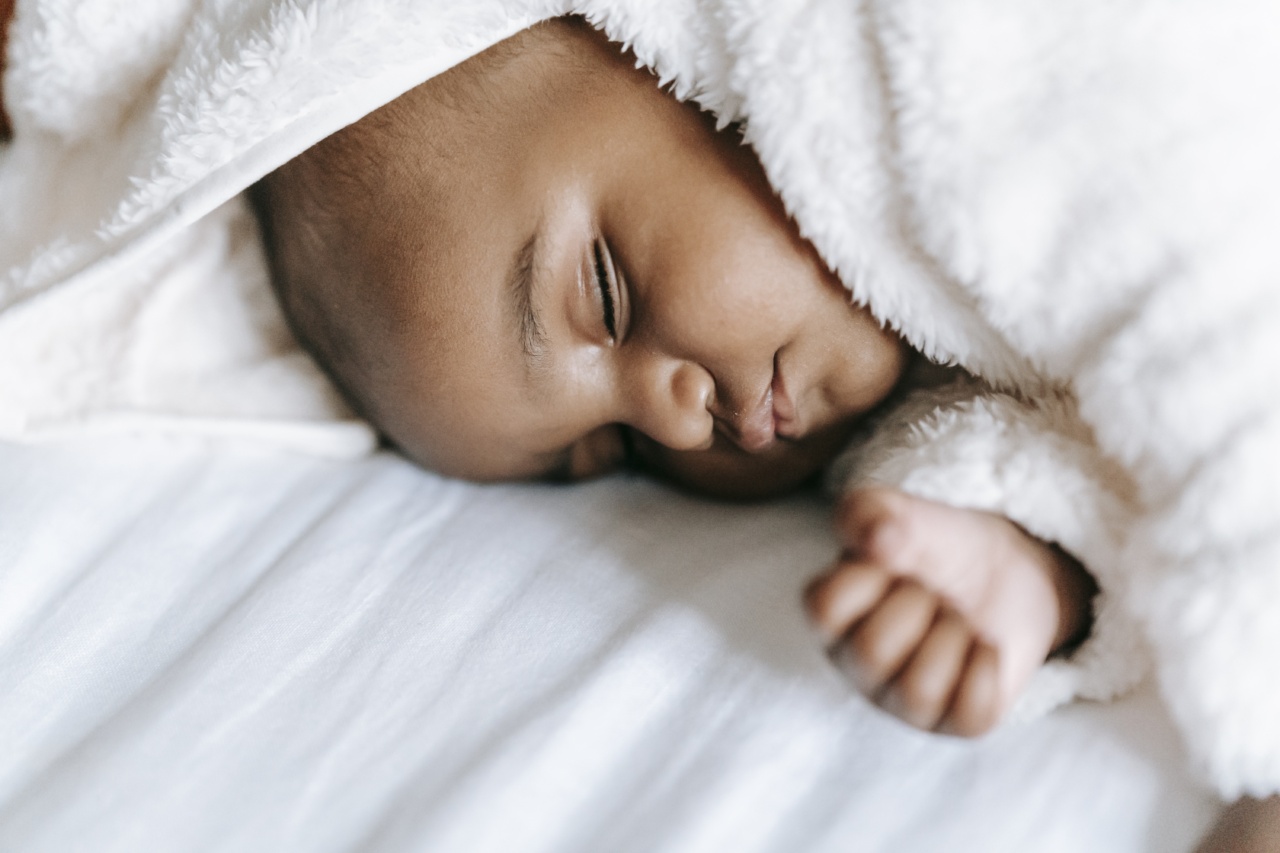Sleep is vital for the development of a baby, and parents are always on the lookout for ways to ensure their little ones get enough shuteye.
But what happens when a baby’s sleep issues transform into a disorder? In this article, we will discuss the potential disorders that can arise from baby’s sleep issues, their consequences, and possible treatments.
Types of Sleep Disorders
There are several sleep disorders that can affect babies.
Insomnia
Insomnia is defined as difficulty falling asleep, staying asleep, or waking up too early. When insomnia is present in babies, it can be challenging for both the baby and parents. Lack of sleep can affect a baby’s mood, behavior, and development.
Sleep difficulties can also lead to anxiety, depression, and other mood disorders.
Night Terrors
Night terrors are intense episodes of fear or anxiety that occur during sleep. They are different from nightmares, which happen during REM sleep and are easier to remember.
Night terrors often happen before midnight and are more frequent in children under the age of seven. Unfortunately, there is no cure for night terrors, and they can continue for years.
Sleep Apnea
Sleep apnea occurs when the airway becomes partially or completely blocked during sleep. It is a condition that can be life-threatening, and even more so in babies, who are more vulnerable.
In addition to the typical symptoms of snoring and breathing difficulties, sleep apnea can cause irreversible brain damage if not treated.
Restless Legs Syndrome
Restless Legs Syndrome (RLS) is a condition that makes it challenging to lie down and relax. People with RLS experience an irresistible urge to move their legs and often feel like something is crawling under their skin.
RLS can affect people of any age, including babies. The condition can interfere with sleep, making it difficult to fall asleep and causing sleep fragmentation, which has numerous negative effects.
Narcolepsy
Narcolepsy is a chronic neurological condition that affects the body’s ability to regulate sleep and wake cycles. People with narcolepsy experience sudden, uncontrollable sleep attacks and excessive daytime sleepiness.
Although the condition is less common in babies, it can negatively affect the quality of life in both parents and child, leading to depression, anxiety, and social issues.
Consequences of Untreated Sleep Disorders
Sleep problems in babies can have considerable effects on their development and daily lives. Sleep deprivation can lead to a range of unwanted consequences, such as:.
- Difficulty concentrating
- Behavioral issues, such as irritability and aggression
- Memory problems
- Delayed cognitive development
- Delayed physical development
- Weight gain and obesity
- Inability to learn effectively
Possible Treatments for Sleep Disorders in Babies
The treatment of sleep disorders in babies depends on the condition and severity of the symptoms. Below are possible treatments for the various sleep disorders.
Insomnia
The treatment of insomnia in babies depends on the cause of the condition. Establishing healthy sleep practices, such as scheduled naps during the day and consistent bedtime routines at night, can help improve infant sleep patterns.
If the baby is still having trouble sleeping, medication may be prescribed, but only under the guidance of a healthcare professional.
Night Terrors
The best way to manage night terrors in babies is by establishing a proper sleep routine and making sure they get enough rest. Parents should monitor their child’s food and drink intake, particularly anything containing caffeine.
In rare cases, medication can be prescribed to help manage night terrors.
Sleep Apnea
The treatment of sleep apnea in babies depends on the severity of the symptoms. In mild cases, lifestyle changes such as weight loss and healthy sleeping habits can help reduce episodes of sleep apnea.
More severe cases may require continuous positive airway pressure (CPAP) or bilevel positive airway pressure (BiPAP) therapy, which involves wearing a mask that keeps the airway open while sleeping.
Restless Legs Syndrome
The treatment of RLS in babies involves managing any underlying conditions that may cause RLS. For instance, anemia and iron deficiency can cause RLS, and treating these conditions can help improve the symptoms.
Other treatments include massage, heat or cold packs, and medication (as prescribed by a healthcare professional).
Narcolepsy
The treatment of narcolepsy in babies depends on the severity of the symptoms. Establishing a regular sleep routine can help improve the quality of sleep and reduce symptoms.
Modafinil, a stimulant medication, can help improve wakefulness and reduce the frequency of sleep attacks. Parents must speak to a healthcare professional before given their child medication.
Conclusion
Sleep is crucial for the proper development of a baby. Parents should be proactive in monitoring their baby’s sleep patterns and addressing any sleep issues as soon as possible.
Based on the severity of the symptoms, various treatments are available, including lifestyle changes, medication, and therapy. Ensuring a good night’s rest for babies reduces the risk of developing disorders that can have long-term effects on their physical, emotional, and social development.





























